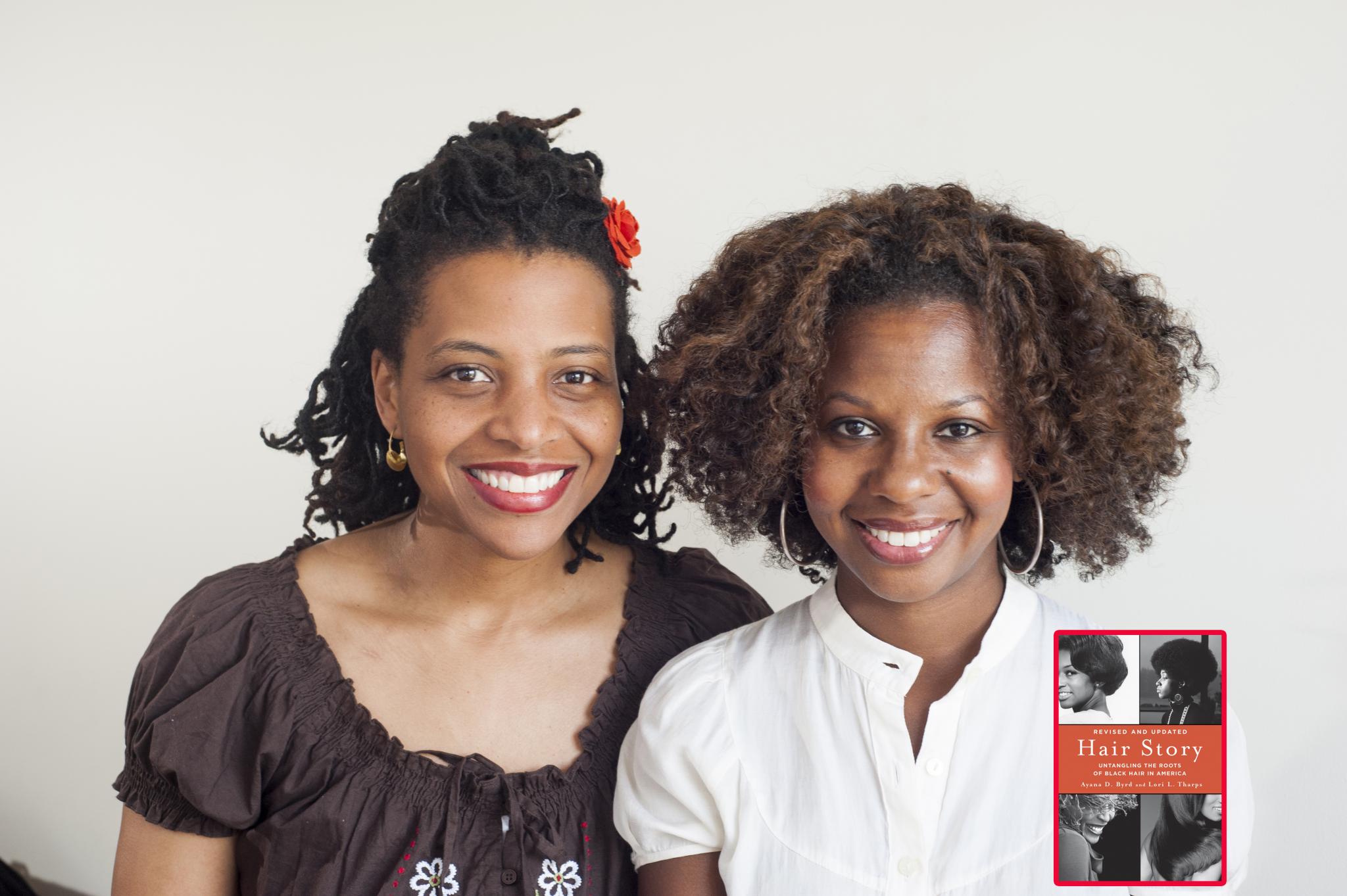
Understanding Black hair can be fascinating. Aside from our numerous styling options there are opportunities for deeper discussions around the culture and politics of our hair. Authors Ayana D. Byrd and Lori L. Tharps had that in mind when they revised their 2001 book, Hair Story: Untangling The Roots of Black Hair in America as an effort to dismantle the biggest hair issues our country has faced in the past decade. Here they dish on the natural hair movement with ESSENCE.com.
ESSENCE.com: Why is natural hair so popular now? Do you think it’s a fleeting trend or is it here to stay?
Ayana: One, there has definitely been an improvement in products and tools available [for natural hair]. The other thing is that natural hair feels like more of a styling option. You can do more with natural hair and now we have YouTube, blogs, and Essence.com for information. Lori: There is a natural movement going on outside of hair care; everybody wants to be closer to nature and anything that has to do with lifestyle or healthcare. I don’t think natural hair is fleeting. For many women, this is a new mind blowing concept that Black hair can be beautiful, it can be attractive and it can be cool! It’s a massive education from a self-esteem level to a basic styling level that many black women are privy to.
ESSENCE.com: What’s the best way that we can move forward from “good hair vs. bad hair” concepts?
Lori: I think that as more people are seen in the public space with hair that does not follow in line with the definition “good hair,” or hair that looks more European, then we begin to diminish the negative effects of the concept of bad hair.
Ayana: Years ago older Blacks thought [kinky hair] closed the door to dating, marriage and financial opportunities. But now that’s not the case. We need to police and educate ourselves. And we need to eliminate “good hair,” “bad hair,” “grades of hair,” “better textures,” from our vocabulary when we are talking to younger people.
PHOTOS: The Most Beautiful Natural Hairstyles in History
ESSENCE.com: Let’s talk about Black hair in the workplace. In your opinions, do you think dreadlocks, weaves and afros are becoming more acceptable in professional settings?
Lori: No. Even in the 21st century people are being harassed or fired or not hired because they’re wearing traditional black hairstyles. People are more aware now, but I don’t think we’ve reached any sweet spot where a Black person can feel 100 percent comfortable wearing whatever hairstyle they want.
Ayana: Aside from in the workplace, I think the other area that has had a horrible track record for hair is [education]. Some of the Black charter elementary schools state how children should wear their hair. Lori: As a result, children have internalized that their natural hair is unacceptable. Hair is the very essence of their identity and you’re telling them it has to be tamed or changed somehow before it can be ready to be educated? That’s a really dangerous message.
ESSENCE.com: What do you want readers to walk away with when they’re finished reading your revised book?
Lori: If you understand the history of Black people (whether you’re Black or White) and our hair and in this country, then you are in a better place to understand the Black experience in general. We hope that Blacks are empowered by learning this kind of unknown history of our own culture.
Ayana: A lot of times when people talk about Black hair they think it’s a story of doom and gloom. But it’s also the history of celebration, artistry, money and entrepreneurial success.
ESSENCE.com: What do you ladies foresee as being the next big thing in natural hair?
Ayana: The next big thing is when Issa Rae’s show comes to HBO. We’re going to see a Black woman with natural hair every week and she’s going to be living her life. I just think it’s going to be great for natural hair.
Lori: I think the natural hair movement is going global in a big way. I think it’s going to be interesting to see how the natural hair movement manifests in other countries.
To purchase a copy of Hair Story: Untangling The Roots of Black Hair in America, visit Amazon.